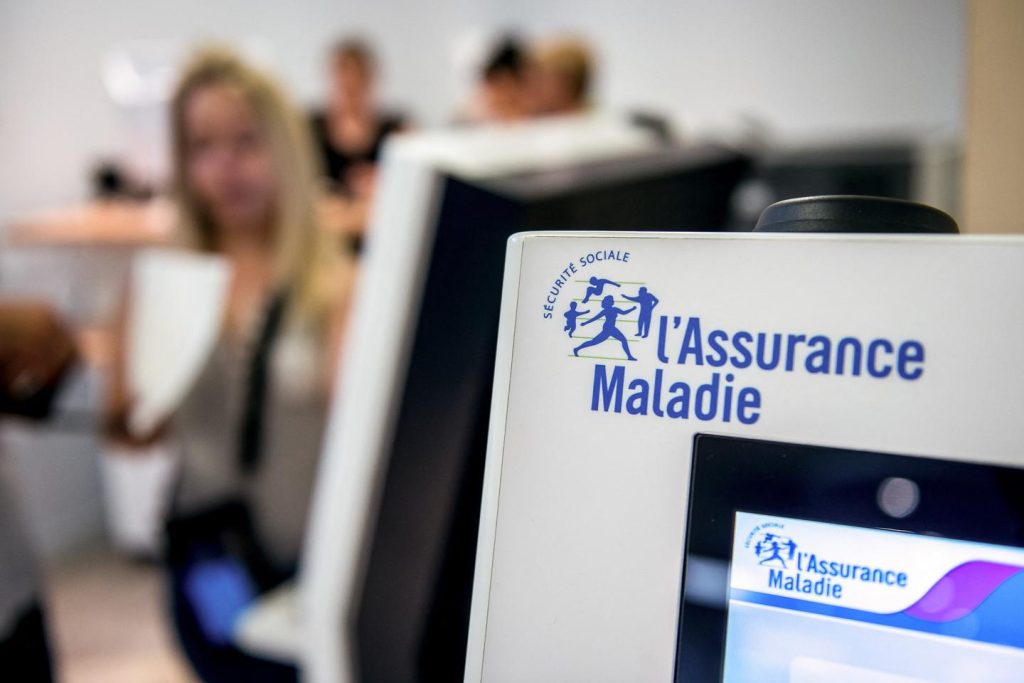The French government is considering increasing the patient’s share of healthcare costs, known as the “ticket modérateur,” from 30% to 40% for medical consultations to help address the growing deficit in the social security system. This measure would shift over 1 billion euros from the national health insurance system to private health insurers. The proposal has sparked controversy as it would likely lead to higher premiums for insured individuals. Health Minister Geneviève Darrieussecq has expressed openness to exploring alternative options as long as they maintain financial balance and minimize the impact on the purchasing power of low-income individuals.
The government’s decision to transfer healthcare expenses to private insurers has raised concerns about the implications for insured individuals. While the measure is intended to address the increasing deficit in the social security system, critics argue that it could undermine the universal coverage provided by the national health insurance system. Members of parliament have debated the proposed transfer of costs to private insurers, with many expressing reservations about the potential impact on the fundamental principles of the French healthcare system. Despite assurances that certain vulnerable populations, such as those with chronic illnesses, will not be affected by the changes, questions remain about the long-term consequences of the proposed measure.
The French healthcare system has a dual structure, with mandatory national health insurance administered by the social security system and optional private health insurance provided by insurers. Over the years, the balance between these two components has shifted, with the social security system covering a larger share of healthcare expenses, particularly for individuals with chronic illnesses. Private health insurers, including mutuals, health insurance companies, and provident institutions, have maintained a relatively stable share of healthcare financing. However, the proposed increase in the patient’s share of costs could potentially tip this balance and reshape the dynamics of healthcare financing in France.
The debate over the proposed increase in the patient’s share of healthcare costs reflects broader discussions about the role of public and private insurers in the French healthcare system. Critics have raised concerns about the potential impact on access to healthcare services, particularly for low-income individuals who may struggle to afford higher premiums. While the government argues that the measure is necessary to address the growing deficit in the social security system, questions remain about the potential consequences for individuals who rely on the national health insurance system for essential healthcare services. Moving forward, policymakers will need to carefully weigh the trade-offs between financial sustainability and equitable access to healthcare for all individuals.
The proposed increase in the patient’s share of healthcare costs is part of broader efforts to address the financial challenges facing the French social security system. Policymakers are grappling with the need to contain costs while ensuring that essential healthcare services remain accessible to all individuals. The debate over the proposed measure highlights the complex interplay between public and private insurers in the French healthcare system and the need to strike a balance between financial sustainability and social equity. As the discussions around the future of healthcare financing continue, stakeholders will need to work together to find solutions that uphold the principles of universality and solidarity that underpin the French healthcare system.


